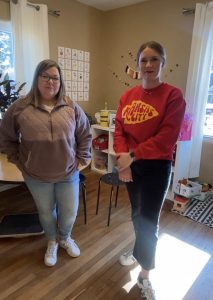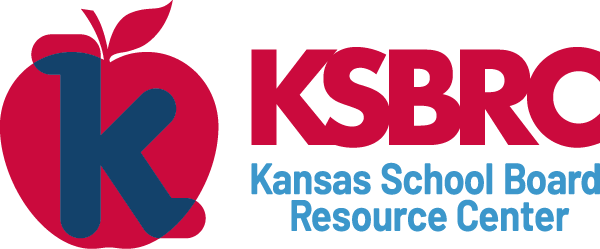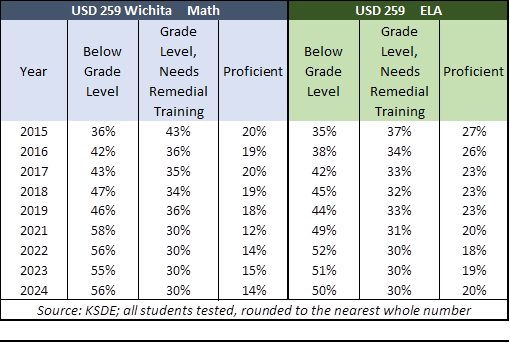An event scheduled for late September — the second annual “Heartland Hybrid and Microschool Summit” — will highlight the growing importance of this new model of education.

Scheduled for Sept. 20 and 21, and co-sponsored by the Kansas Policy Institute — which owns the Sentinel— the VELA Education Fund and the National Hybrid Schools Project, the event will open with a dinner featuring adjunct scholar at the Cato Institute’s Center for Educational Freedom Kerry McDonald on the evening of Sept. 20 and will continue the following day with various breakout sessions led by professionals with experience in microschool and hybrid school models from across the state and the nation.
“The Heartland Summit is a great opportunity to bring together the very people educating kids in different ways,” KPI President James Franko said. “To see the different models and families attracted to unconventional education in one place is a nod to how much education has changed and will continue to change in the years to come.”
“This summit offers everything from inspiration to war stories to pitfalls to avoid and opportunities to seize.”
Augusta microschool perfect example of a new model of education
Beginning classes just a year ago, Courage Academy in Augusta currently serves about 35 students from kindergarten through high school. Founded in 2023 by Ashley and Abe Deaver along with Alisha Chavana — both former public school employees — the school uses a hybrid model with elements of the Charlotte Mason Institute’s Alveary curriculum as well as elements of the Montessori method.

“We’re not purists with Charlotte Mason and so we’re freckling some of our own experience in,” said Ashley Deaver, who spent 15 years teaching in public schools.
Students at Courage Academy only spend four hours a day in classes — 8:30 a.m. to 12:30 p.m. — and Deaver said that’s plenty.
“We were babysitters in public school,” Deaver said. “We do not need that much time. We do a lot of outside time … they’re not forced to just sit at a desk for eight hours, and they’ve got a lot of exploring to do and hands-on activities. So we’re not struggling so much with the attention spans and…the behaviors from…sitting and doing pencil-paper work all day.”
Deaver stressed that they are not anti-public school — indeed her children still attend Augusta Public Schools — but that they wanted to provide an alternative for children for whom public school may not be the best option.
“Our own kids still go to public school because they’re doing well there, and they like going to school,” Deaver said. “They’re excited about it still.
“We didn’t open Courage Academy for our own kids. We opened it for the kids who maybe public school isn’t for them. It’s not for their family situation, whatever that might be. We’re just another option for people.”
Deaver said the school also blends age groups, so older students sometimes help younger students with their work.
Deaver said that last year, they had “reading buddies” and “math buddies.”
“Those older kids would pair up with the younger kids and guide them along. And they were guiding them along in their academics, but also in their behavior,” Deaver said. “It was so wild to see.
“You know, we were nervous about it. We were coming from public education, straight fresh from public education, where that wasn’t the norm. You know, I had juniors and seniors in high school and we weren’t integrating with first graders — ever. So I was nervous about it, but man, it was absolutely beautiful, and our kids would ask for it. They begged. They loved to be able to work with the older kids. And the older kids loved to work with the younger kids. It was even more so the older kids — my high school kids, who were begging to do reading buddy time.”
She stressed the school does use the Science of Reading.
The school is located in a disused parsonage at a local Baptist church, though it is not run or sponsored by the church.
Deaver said they approached Central Baptist Church about using their old parsonage for their new Christian microschool and were received fairly enthusiastically.
The church has only about 15 members — all older — and no full-time pastor.
“It’s kind of mutually beneficial,” she said. “They need more income because their church is not very big, and we needed a space.
“And we offered to do .. the mowing and stuff because they’re all 80 years old and above and probably shouldn’t be out here doing the yard work. They get yard work out of it. They get an income out of it. And then we have a beautiful space to use.”
Deaver said they’re not out to grow or compete with public schools but simply to offer an alternative.
“I think right now we’re just praying that what we’re doing is glorifying God, and that’s our goal, is to glorify the Lord and everything that we’re doing and stay in step with Him. I know a lot of schools want to grow, grow, grow, and that’s not one of our goals, We want to sustain, and if the Lord wants us to grow, we’ll grow.”






